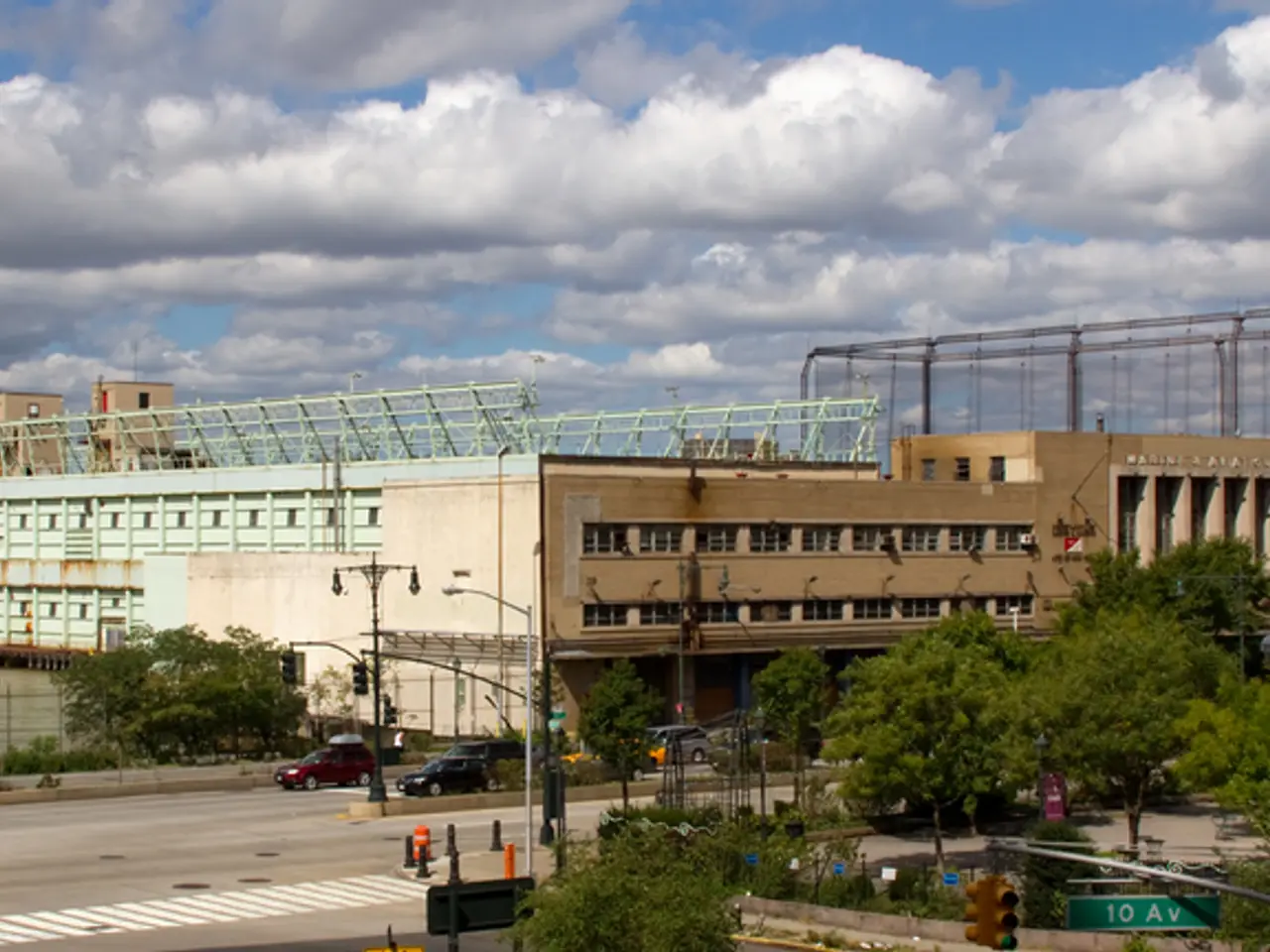St. Louis Unites to Become Global Geospatial Hub with $12B Opportunity
Local business leaders in St. Louis are uniting to transform the region into a global epicentre for geospatial technology and innovation. The National Geospatial Intelligence Agency's (NGA) new headquarters, now open, is set to be fully occupied by early next year. With a $12 billion market opportunity in geospatial AI on the horizon, the city is poised for significant growth.
The new GeoFutures strategic roadmap proposes creating an independent organization, similar to 39North or BioSTL, to serve as a dedicated 'backbone' for coordinating and scaling the development of the St. Louis geospatial ecosystem. This comes after a revamped implementation plan was released by Greater St. Louis Inc., recommending a similar approach. The core priorities of the new plan focus on growing local talent, fostering innovation, helping startups, and highlighting St. Louis' central role in geospatial technology.
The NGA's past initiatives, such as the accelerator program between 2020 and 2022, have already borne fruit. This program led to the establishment of Moonshot Labs in TREX. Major geospatial companies like Maxar, Esri, T-Kartor, and Scale AI have a local presence in St. Louis due to the proximity to the NGA, further bolstering the region's credentials.
The establishment of a standalone organization could serve as a 'front door' for the local sector, attracting business and talent, and compiling resources and opportunities in the St. Louis region. With the NGA's new headquarters now open and the potential $12 billion market opportunity in geospatial AI, the stage is set for St. Louis to become a global hub for geospatial technology and innovation.
Read also:
- India's Pragmatic Budget: Sitharaman Aims to Revitalise Growth, Alleviate Distress
- Eric Dane Diagnosed with ALS, Advocates for ACT for ALS
- Deepwater Horizon Oil Spill: BP Faces Record-Breaking Settlement - Dubbed 'Largest Environmental Fine Ever Imposed'
- Meta Unveils Ray-Ban AR Display Sunglasses; TikTok Agrees to $200 Million Deal




